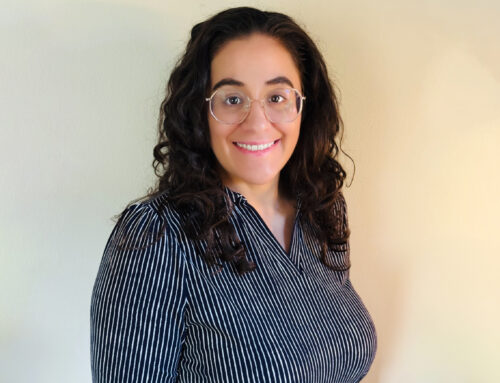Couples Counseling using Emotionally Focused Therapy
One of the questions I ask couples when we first start working together is, “How did you learn how to respond when you find yourself in a conflict situation?” Many of us, when we slow down and think about it, probably don’t have a specific experience that taught us what to do, instead we have learned over time by watching and imitating our parents. Another powerful question to consider is, “How often did your parents apologize to you when you were a child?” Often, the response to this question is a smile and a smirk with a response that amounts to, “Are you being serious? My parents weren’t the ones making the mistakes!” Without intentional instruction, guidance and practice so many couples are left to repeat patterns that perhaps don’t work so well, but in reality it’s the best option that they have.
Today, we’re going to discuss a treatment modality that is near and dear to my heart, Emotionally Focused Therapy. I was blessed to be introduced to the theory while still in school and went to four day intensive training soon after. Growing up in a family where the unhealthy conflict patterns of blame and avoidance were a daily occurrence, I was highly motivated to understand why people that love one another could also behave in such toxic ways at times. As Sue Johnson, one of the co-creators of EFT said, “People fight to feel secure and connected. It’s the attachment bond that drives everything.” Human beings are wired for connection. We need it to survive, as humans are the most needy of all mammals once they are born. Not only do we require constant supervision for safety, sustenance, and to be kept clean, but we also require a significant amount of time being held, cuddled, and comforted. Our emotional well being is deeply connected to feeling secure, even before we are able to use words to express ourselves, our sense of self and the world around us is being “mapped out” based upon the relational experiences we have with our caregivers. When a child is cared for, has people in their life that responds to them with love when they are needy (which we all are as children, and continue to be as grown-ups), this child internalizes the experiences in two powerful ways.
Basically, when love and care is provided when it is needed we answer a couple of the most profound questions all humans inherently need answered. The first, “Am I worthy to be cared for?” is the basic question of self worth which is determined by how well an individual’s needs were tended to and provided for when they were little. The second, “Are you there for me when I need you?” is the basic question of can I trust others to help me when needed, or do I have to figure it out alone? We all ask these questions, whether we realize it or not, and by the time we are in our first dating relationships already have deeply ingrained answers that we live from. The funky part for most of us, is that our emotions are deeply intertwined with how we have internalized the answers to these questions. And, if the answer to either of them is a no, we are going to experience fear when we find ourselves in a relational situation where we need something. And at least for me, I really, really, really do not enjoy the experience of feeling afraid. I don’t operate well. In fact, depending on how intense the feeling is, I stop thinking properly, become irritable or mean, or simply shut down and run away. Honestly, I usually become angry in response to feeling afraid. And once I’m angry, I’m looking for the reason, the person to blame which is either them or me. It’s gotta be somebody’s fault!
For most of us, we don’t even realize much of what’s going on once our emotions are activated. We react to the feelings, and when fear and anger get involved, being a loving person goes out the window. EFT provides a map to help us understand why I feel the way I do, helps me understand why I react the way I do, and starts to create opportunities for new ways of communicating and interacting that can actually help us receive the comfort and care we are actually seeking. Learning to be vulnerable can be difficult at first, but the payoff can be life changing and generational.






